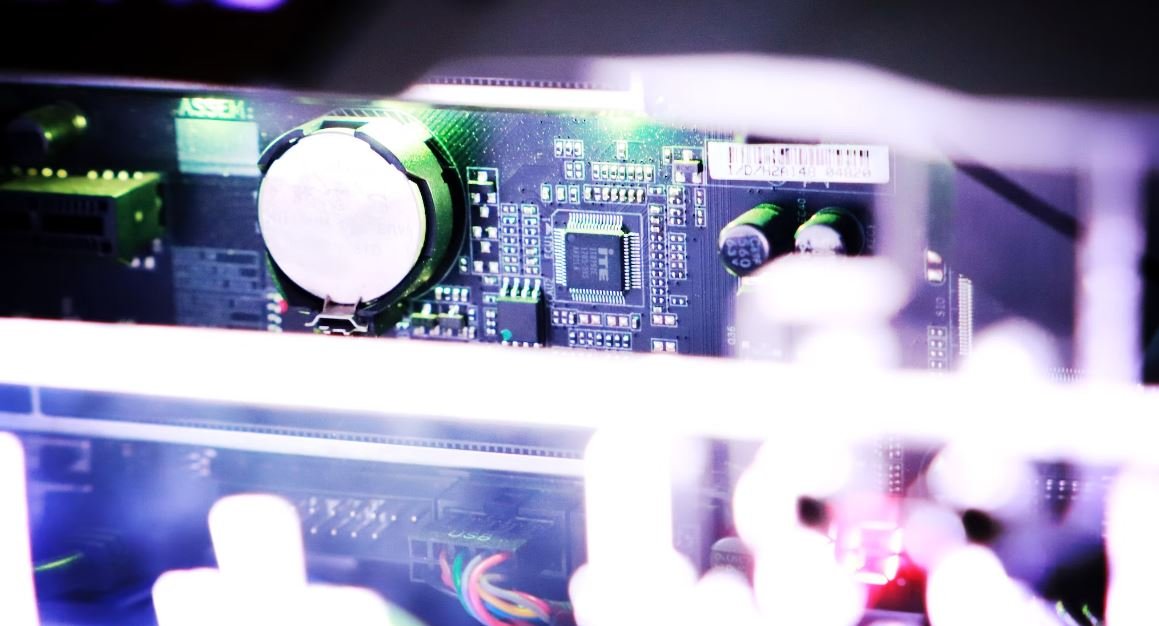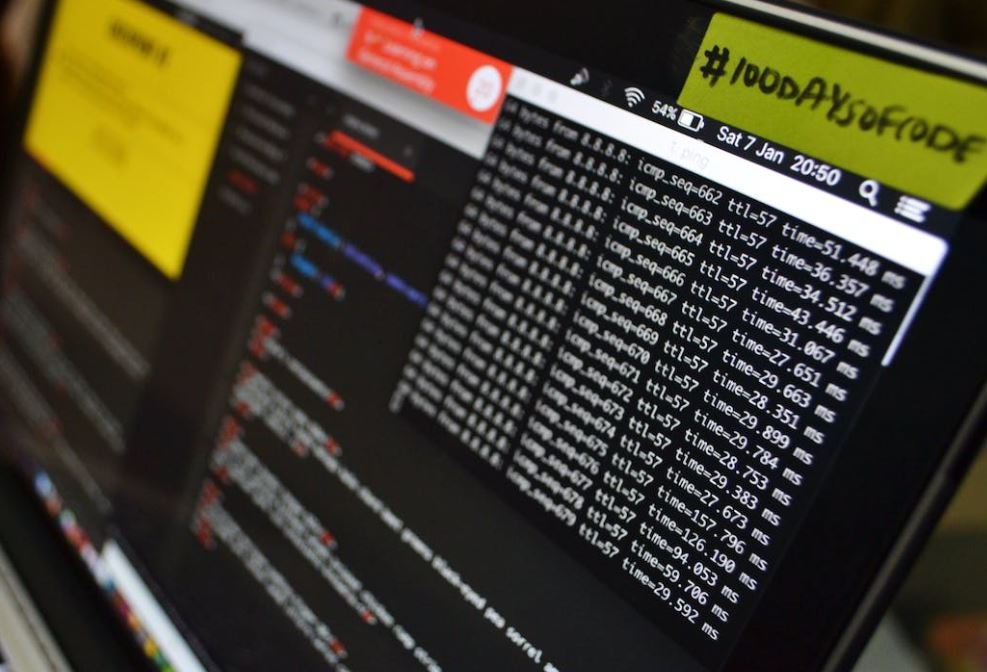Artificial Intelligence Job Displacement
Artificial intelligence (AI) is revolutionizing a wide range of industries and transforming the way we work. While AI brings numerous benefits, one of the concerns often raised is the potential displacement of jobs. As AI systems become more advanced and capable, there is a growing fear that they could replace human workers across various sectors. This article explores the impact of AI on job displacement and discusses its implications.
Key Takeaways:
- Advancements in artificial intelligence technologies are contributing to job displacement in many industries.
- AI’s ability to automate routine and repetitive tasks makes certain jobs more vulnerable to elimination.
- Workers should focus on developing skills that complement AI and enhance their unique human capabilities.
Artificial intelligence is rapidly transforming industries such as manufacturing, customer service, transportation, and healthcare. While AI technology offers significant advantages, it also poses a potential threat to human employment. The automation provided by AI systems can replace jobs that involve repetitive tasks and data analysis, resulting in job displacement for certain roles. However, it is crucial to note that AI is more likely to augment human abilities rather than fully replace them. **The integration of AI technology with human expertise can lead to more efficient and productive outcomes**, creating opportunities for workers to transition to new roles.
According to a report by the World Economic Forum, it is estimated that **AI will displace 75 million jobs globally by 2022**, while simultaneously creating 133 million new roles. This shift in the job market requires individuals to adapt and acquire new skills that complement the capabilities of AI. Workers who can collaborate with AI technology and excel in areas such as creativity, critical thinking, emotional intelligence, and complex problem-solving will be more valuable in the job market.
| Industry | Estimated Job Displacement |
|---|---|
| Manufacturing | 30% |
| Customer Service | 25% |
| Transportation | 20% |
While it is natural to be concerned about job displacement due to AI, it is important to see the bigger picture. **AI can also create new job opportunities in emerging fields such as AI engineering, data science, and platform development**, where the demand for skilled professionals is increasing. Additionally, the application of AI in industries can lead to greater efficiency, cost savings, and improved customer experiences. The key lies in adopting a growth mindset and being open to continuous learning and upskilling.
- Considered the “fourth industrial revolution,” AI has the potential to reshape the job market globally.
- The rise of AI technology highlights the need for educational institutions, governments, and businesses to collaborate in developing programs that enhance AI literacy and provide reskilling opportunities for workers.
- Workers should seize the opportunities presented by AI to automate mundane tasks and focus on more complex, intellectually stimulating endeavors.
| Industry | Projected New Jobs |
|---|---|
| AI Engineering | 12 million |
| Data Science | 10 million |
| Platform Development | 8 million |
The integration of AI technology into the workforce brings a significant shift in the dynamics of industries and employment. Companies need to adapt their business models and establish AI strategies that align with their goals and involve ethical considerations. Governments should focus on policies that support the reskilling and upskilling of workers affected by job displacement. By effectively managing the transition and embracing the potential of AI, we can create a more productive and inclusive future.
Artificial Intelligence and the Future of Work
Artificial intelligence is transforming the job market, leading to job displacement in some areas while creating new opportunities in others. The impact of AI on employment is undeniable, but it is important to acknowledge that human skills and expertise are still essential. By embracing the integration of AI and focusing on developing complementary skills, individuals can thrive in an AI-driven world.

Common Misconceptions
Artificial Intelligence Job Displacement
One common misconception people have around artificial intelligence (AI) is that it will completely replace human jobs, leaving many unemployed. However, this is not entirely true as AI is more likely to augment human capabilities rather than eliminate jobs.
- AI technology has the potential to automate repetitive and mundane tasks, freeing up humans to focus on more complex and creative work.
- Many AI systems require human supervision or intervention, enabling the need for human oversight and maintenance.
- New job opportunities will emerge with the growth of AI, such as AI trainers, developers, and ethical AI specialists.
AI Will Outperform Humans in All Tasks
Another common misconception is that AI will surpass human intelligence in all tasks, making human involvement obsolete. While AI has shown remarkable achievements in certain areas, it still has limitations and cannot match human cognitive capabilities in every aspect.
- AI algorithms heavily rely on available data, and tasks with limited or inadequate data can pose challenges for AI systems.
- Human intuition, common sense reasoning, and empathy are areas where AI currently lacks proficiency.
- In complex decision-making scenarios, human judgment and ethical considerations remain essential, as AI alone cannot fully embody these human qualities.
AI Programs Themselves
A misconception is that AI programs have self-awareness or consciousness. Although AI technologies have shown remarkable advancements in machine learning and natural language processing, they do not possess self-awareness or consciousness akin to human beings.
- AI systems are designed to process and analyze vast amounts of data to provide specific outcomes or solutions, but they lack subjective experiences and emotions.
- AI algorithms are driven by mathematical calculations and patterns, making them powerful tools for solving complex problems but incapable of genuine self-awareness.
- AI programs do not possess consciousness or intentions like humans; they operate based on predefined rules and patterns.
AI Taking Over the World
There is a misconception fueled by science fiction movies and novels, that AI will eventually take over the world and dominate humanity. However, this is purely fictional, and the current state of AI development does not support this fear.
- AI systems lack the ability to independently think and strategize beyond their programmed capabilities.
- AI is a tool created and controlled by humans, and its actions are based on data and algorithms provided by humans.
- Responsible AI development includes ethical guidelines and regulations to ensure AI technology serves human interests and societal well-being.
AI Will Lead to Unemployment
Lastly, one common misconception is that AI will result in mass unemployment. While AI may change the nature of certain jobs and require new skill sets, it does not imply a complete elimination of employment opportunities.
- AI can create new job roles that involve the development, maintenance, and evaluation of AI systems.
- As automation takes over repetitive tasks, it allows humans to focus on tasks that require creativity, problem-solving, critical thinking, and emotional intelligence.
- Retraining and upskilling programs can prepare individuals for the jobs of the future, ensuring a smooth transition in the workforce.

The Rise of Artificial Intelligence Jobs
With the rapid advancement of artificial intelligence (AI), the job market has undergone significant transformations. While AI creates new job opportunities, it also leads to the displacement of traditional roles. This article highlights ten tables showcasing various aspects of AI job displacement, from affected industries to the skills required in this evolving job market.
Job Displacement in Selected Industries
The following table provides a glimpse into how AI has impacted employment in various industries.
| Industry | Job Displacement due to AI |
|---|---|
| Manufacturing | 23% |
| Customer Service | 15% |
| Transportation | 12% |
| Finance | 10% |
| Healthcare | 8% |
Skills in High Demand for AI Jobs
The table below highlights the skills that are currently in high demand for AI-related positions.
| Skill | Percentage of AI Job Postings |
|---|---|
| Machine Learning | 45% |
| Data Analysis | 39% |
| Python Programming | 35% |
| Deep Learning | 29% |
| Natural Language Processing | 24% |
Global Economic Impact of AI
This table gives an overview of the projected economic impact of AI by 2030 across different countries.
| Country | Projected AI Contribution to GDP (%) |
|---|---|
| United States | 14% |
| China | 26% |
| Germany | 11% |
| Japan | 9% |
| United Kingdom | 10% |
Job Opportunities Created by AI
The following table showcases the new job opportunities created as a direct result of AI technology.
| Job Title | Annual Salary |
|---|---|
| AI Ethics Consultant | $85,000 |
| Data Privacy Manager | $92,000 |
| AI Trainer | $75,000 |
| Algorithm Bias Auditor | $80,000 |
| Robotic Process Automation Engineer | $91,000 |
STEM Education Enrollment
The table below compares the percentage increase in higher education STEM program enrollment between 2010 and 2020.
| Country | Percentage Increase in STEM Enrollment |
|---|---|
| United States | 39% |
| China | 72% |
| India | 64% |
| United Kingdom | 28% |
| Germany | 47% |
AI Startups Funding by Country
This table provides an overview of the amount of funding received by AI startups in different countries.
| Country | Total AI Startup Funding (in billions) |
|---|---|
| United States | $9.8 |
| China | $6.2 |
| United Kingdom | $1.9 |
| Canada | $1.6 |
| Germany | $1.5 |
Gender Representation in AI Workforce in 2021
The table below outlines the gender representation in the AI workforce as of 2021.
| Gender | Percentage of AI Workforce |
|---|---|
| Male | 74% |
| Female | 26% |
AI Job Opportunities by Level of Education
This table illustrates the distribution of AI job opportunities based on levels of education.
| Education Level | Percentage of AI Job Openings |
|---|---|
| Bachelor’s Degree | 45% |
| Master’s Degree | 32% |
| PhD | 19% |
| Other | 4% |
Investment in AI Research and Development
The following table showcases the countries that invest the most in AI research and development.
| Country | Annual AI R&D Expenditure (in billions) |
|---|---|
| United States | $12.7 |
| China | $10.3 |
| Germany | $4.1 |
| United Kingdom | $3.8 |
| South Korea | $3.2 |
These tables provide valuable insights into the impact of AI on job displacement, the skills sought by employers, economic predictions, and various other aspects related to artificial intelligence. As shown, AI presents both challenges and opportunities, with displaced jobs being offset by the creation of new roles in emerging fields. The rising demand for skilled professionals, alongside increased investments, highlights the importance of preparing for the future AI-driven job market.




